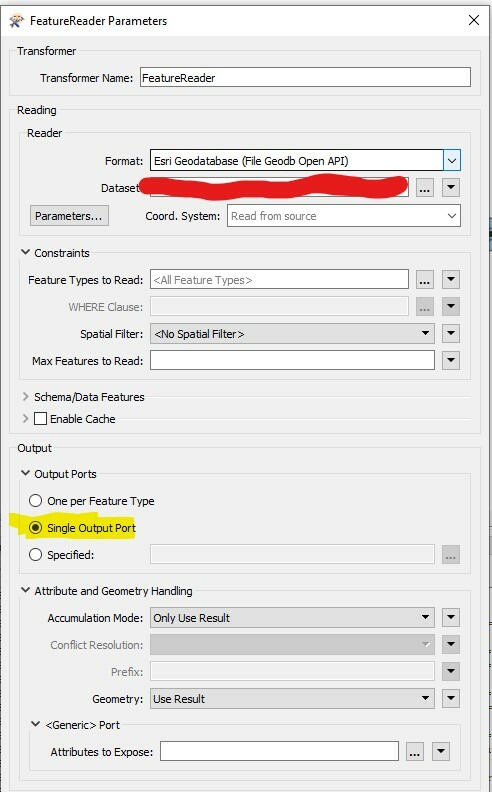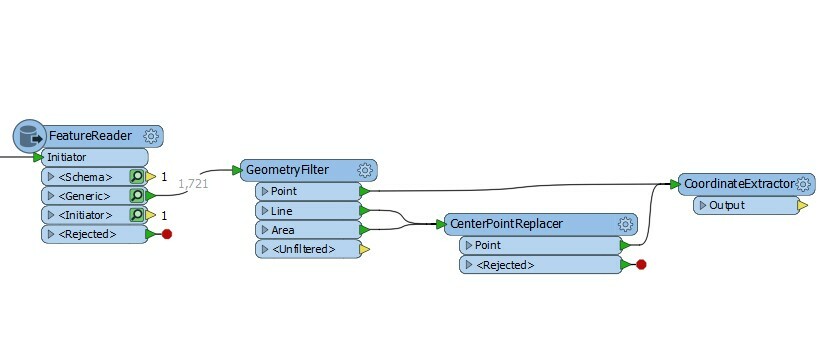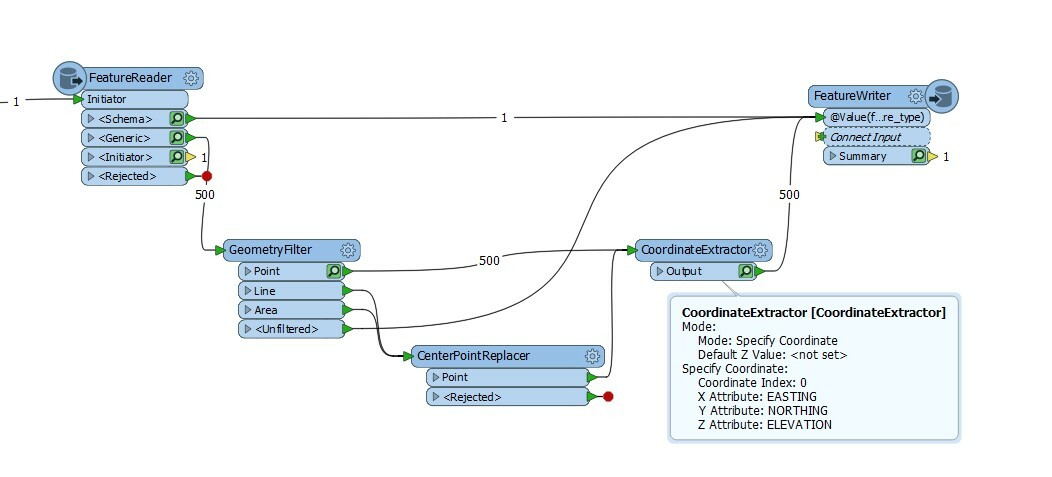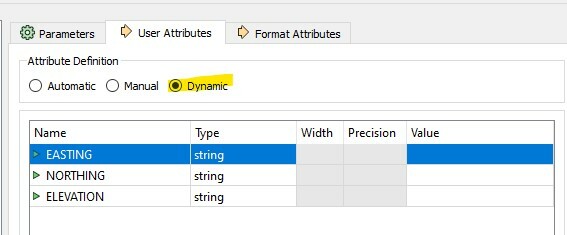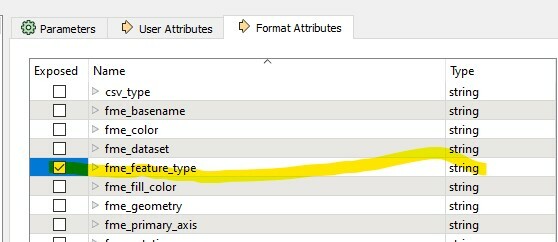Hello,
I would greatly appreciate if someone could help me conceptualize how I might accomplish this task. I would like to create a CSV that contains every feature in all of the feature classes in a Geodatabase. All of the feature classes have a differing schema, but I would like each one to display in the CSV as:
ID / NORTHING / EASTING / ELEVATION / FEATURE_CLASS_NAME / ALL ATTRIBUTES
Any input is greatly appreciated.
Thanks!




